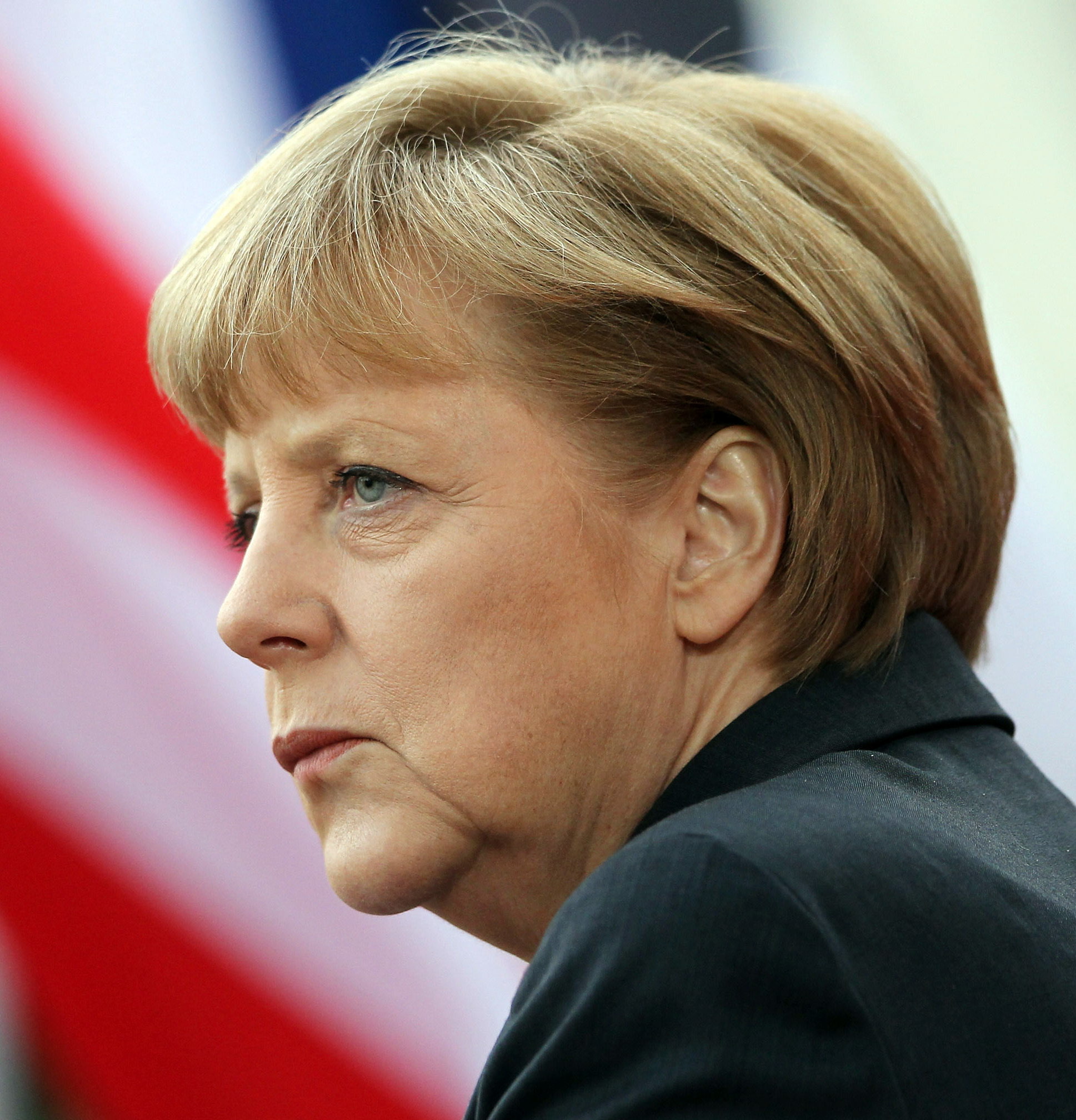Booted spy crisis strains White House, CIA ties
Germany’s dramatic decision to expel the top U.S. intelligence official in Berlin has put fresh strain on the frequently fraught relationship between American spies and the policymakers who rely on—and sometimes clash with—the nation’s cloak-and-dagger operatives. The transatlantic feud comes amid a bleak six-month stretch of international crises that appear to have caught the United States flat-footed as well as at a time of skirmishes between the White House and some of the intelligence community’s career operatives.
I think [CIA Director] John [Brennan] is working hard to make sure our intelligence community functions in a way that the White House and policymakers want to see it work … You have bumps in the road in any organization and John’s trying to smooth those out.
GOP Sen. Saxby Chambliss, in interview with Yahoo News’ Olivier Knox
U.S. intelligence agencies have never been strangers to ugly controversies, from attempts to assassinate Cuba’s Fidel Castro, to the use of interrogation practices that meet international definitions of torture, or the case for the 2003 invasion of Iraq. They have also faced charges of incompetence, like the failure to predict the fall of the Soviet Union. By those historical standards, 2014 hasn’t been a disaster. But the often testy relationship between spies and politicians is definitely going through a bad patch—and it may only get worse.
At the heart of this is the need still to declassify the committee’s report on the rendition and enhanced interrogation techniques that the CIA engaged in in the last decade … We need to remove that stain.
Democratic Sen. Mark Udall

Americas